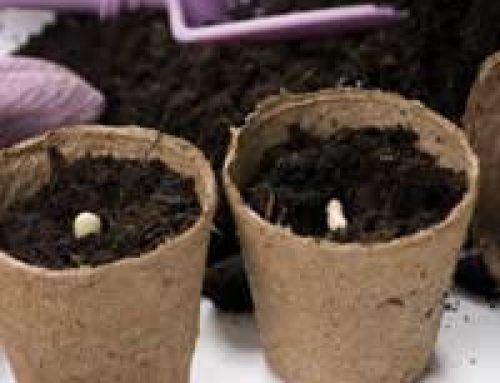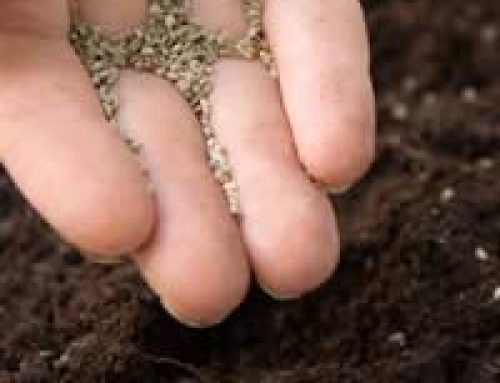
Medical opinion would support the notion that gardening is a beneficial activity for the elderly to get involved with in an effort to maintain and improve your general physical fitness and mental well-being. Nevertheless, it’s important not to overdo things and to know your limitations.
Even when you think you know what you can and cannot do, there are still physical and mental factors associated with ageing that you should, at least be aware of and take into account.
Skeletal Considerations
As you get older, you become more at risk of suffering from the likes of arthritis and osteoporosis. Although gardening can often help to keep these types of ailments at bay, you need to be aware of any limitations you may have. For example, your movement and flexibility may become restricted so it’s important you only use tools which you feel comfortable with.
You should be particularly careful in any use of power tools as they can be very dangerous if you’re no longer capable of operating them safely. Likewise, if you suffer from osteoporosis, remember that as you get older, your ability to balance can often be impaired.
This makes you more susceptible to falls which are more likely to result in fractures if you suffer even the slightest fall, if you have osteoporosis (brittle bone disease) so be extra careful if you’re using steps or garden ladders.
Skin
Your skin gets thinner as you age and it becomes more fragile which means that any bumps and bruises are more likely to cause you problems. Therefore, it’s important to take care and only take on tasks in the garden which you feel capable of doing.
Another important factor with regards to your skin is the effects of the sun. The unpredictable nature of the British summer weather can often trick gardeners into believing that they’re not at risk of sunburn. Nothing is further from the truth. Therefore, make sure that you wear appropriate sunscreen on all exposed areas and a sun hat.
Eyesight
Your eyesight generally gets poorer as you age so take extra care when using tools. Even your peripheral vision diminishes somewhat so look out for branches and sharp stems to either side of you so you don’t get cut or scratched and also keep a keen eye out for those pesky wasps and bees.
Body Temperature
Your body won’t be able to regulate its temperature as well as it could when you were younger. Therefore, it’s important to take regular rest breaks and drink plenty of water when you’re out working in the garden. Failure to do so could lead to dehydration and heat exhaustion which could cause you to faint.
Mental Faculties
Elderly people are more at risk of suffering from dementia and other associated mental conditions such as Parkinson’s disease. Even if you don’t show any signs of these, your reaction times and reflexes will usually be slower than they used to be.
Therefore, take extra care before tackling a particular task and be decisive in your judgement as to whether or not you’re capable of completing it safely. Even if you feel confident enough to take something on, take your time and keep safety at the forefront of your thoughts. Above all, don’t take risks.
Providing you feel up to it, know your limitations and take your time, gardening can be a wonderful pastime in your retirement years and it’s good for you too. However, by being aware of how your body changes as you get older and compensating for that, it will help you stay safe as you enjoy the outdoors.





Leave A Comment